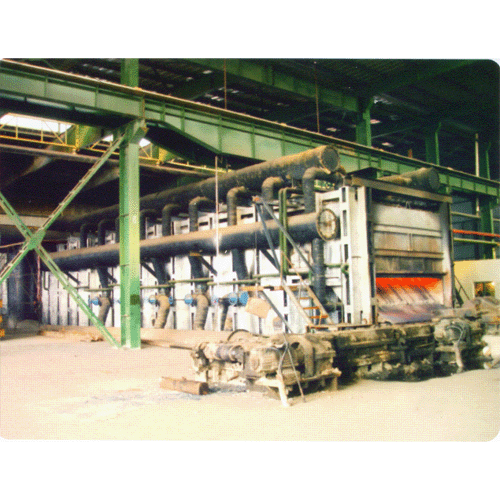Korean rolling mills increasingly rely on billets imported from Japan
- Share
- From
- Junnan Steel News
- publisher
- Gloria Wong
- Issue Time
- Jul 10,2018
Summary
Accordingto the Korea Iron and Steel Association, from January to May, the total amountof slabs imported from South Korea decreased by 11.2% to 255,694 tons.

Accordingto the Korea Iron and Steel Association, from January to May, the total amountof slabs imported from South Korea decreased by 11.2% to 255,694 tons. From thesource of imports, Japan is the only source of growth in Korean billet imports.Japan's steel billets exported to South Korea rose 22% year-on-year to 175,252tons, while other countries saw a year-on-year decline.
It is worth mentioning that the number of steel billetsimported from South Korea has dropped significantly, down 99.4%, from a sharpdecline of 357 tons to 221 tons a year ago. The main reason for the sharpdecline was the rise in China's export billet prices and the rise in domesticsteel prices in China. In the first half of this year, the price of billet inChina remained at 3,300 yuan / ton to 3,700 yuan / ton, which is very close tothe price of direct domestic distribution channels in Korea.
Korean steel industry experts believe that although importsof steel billets from Japan have increased, imports from mainland China, Russiaand Taiwan have decreased, and many Korean companies are experiencing shortagesof raw materials and will increasingly rely on billets imported from Japan.

